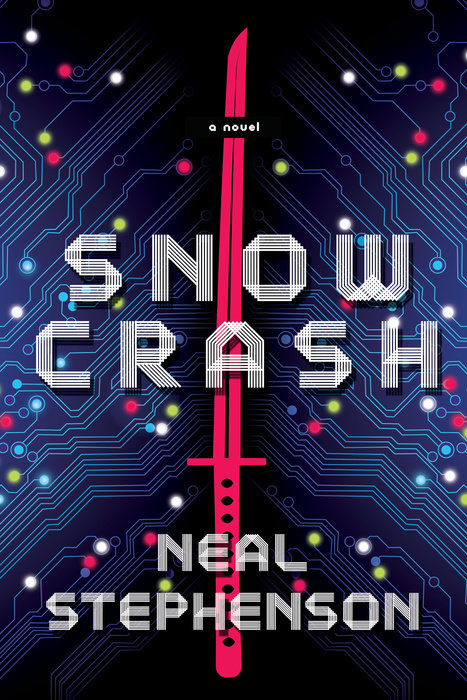Ruben rated Zones of Thought: 5 stars

Zones of Thought by Vernor Vinge (Zones of Thought, #1-2)
Vinge's masterpieces together at last, in one epic volume.
The Hugo Award winning A FIRE UPON THE DEEP and …
This link opens in a pop-up window

Vinge's masterpieces together at last, in one epic volume.
The Hugo Award winning A FIRE UPON THE DEEP and …

Vinge's masterpieces together at last, in one epic volume.
The Hugo Award winning A FIRE UPON THE DEEP and …
Carol sums up here many scientific findings spanning multiple decades in this book in an accessible and straight forward way. This book has something for everyone – parents, students, businessfolk, athletes, you name it! Highly recommended!
I had practised nasal breathing a couple of years before reading Breath, but this book provided a lot of historical context and personal accounts of self experimentation, which was nice to have read. This is a great book to recommend when introducing people to nasal breathing. There are several other books who are more heavy on the science that also goes into much more detail, but they are quite dry and gives much less context to the phenomenon.
For those who understand Norwegian, I can really recommend this short summary of the book by Kari Bu! karibua.wordpress.com/2022/09/17/vaer-forberedt-pa-avglobalisering/

2019 was the last great year for the world economy.
For generations, everything has been getting faster, better, and …
Looking forward, the technologies of the digital attention economy are also poised to know us ever more intimately, in order to persuade us ever more effectively.
— Stand out of our Light by James Williams (Page 92)
Our current crisis does not only come in the form of rising global temperatures, but also in our injured capacities of attention.
— Stand out of our Light by James Williams (Page 127)
This book does a great job at putting words to aspects of the attention economy that we as a society has lacked a collective understanding of. The author, James Williams, does not only explore the immediate and practical harms caused by today's algorithmically driven attention economy, he also does a deep dive into philosophical arguments and frameworks which paints a broader picture of the challenges we are facing in this brave new digital world we all find ourselves in.
Personally, I like the first part of his book the best, where he does a great job at framing the problem. In the last and shorter part of the book, he goes through possible solutions and ways of navigating humanity to calmer digital waters. Here, his background as an employee at Google seems to somewhat colour and limit his imagination.
Since the release of this book in 2018 the …
This book does a great job at putting words to aspects of the attention economy that we as a society has lacked a collective understanding of. The author, James Williams, does not only explore the immediate and practical harms caused by today's algorithmically driven attention economy, he also does a deep dive into philosophical arguments and frameworks which paints a broader picture of the challenges we are facing in this brave new digital world we all find ourselves in.
Personally, I like the first part of his book the best, where he does a great job at framing the problem. In the last and shorter part of the book, he goes through possible solutions and ways of navigating humanity to calmer digital waters. Here, his background as an employee at Google seems to somewhat colour and limit his imagination.
Since the release of this book in 2018 the Fediverse has grown an matured, offering a way out of the digital serfdom he warns about. It would be interesting to get the authors comments on how social networks free of ads, algorithms and centralized control fits into his vision of a world where technology is on the users side, respecting their attention and goals.
A riveting story that reads like a thriller, except it's not fiction but a true story. This book paints an intriguing picture of Putins motivations and also how his eagerness to Make Russia Great Again™ repeatedly causes him to overplay his hand.
The current war started by Russia against Ukraine, although not mentioned, makes this book incredibly relevant and a must-red!
A riveting story that reads like a thriller, except it's not fiction but a true story. This book paints an intriguing picture of Putins motivations and also how his eagerness to Make Russia Great Again™ repeatedly causes him to overplay his hand.
The current war started by Russia against Ukraine, although not mentioned, makes this book incredibly relevant and a must-red!

Within the Metaverse, Hiro is offered a datafile named Snow Crash by a man named Raven who hints that it …

Douglas Adams and zoologist Mark Carwardine as they take off around the world in search of exotic, endangered creatures